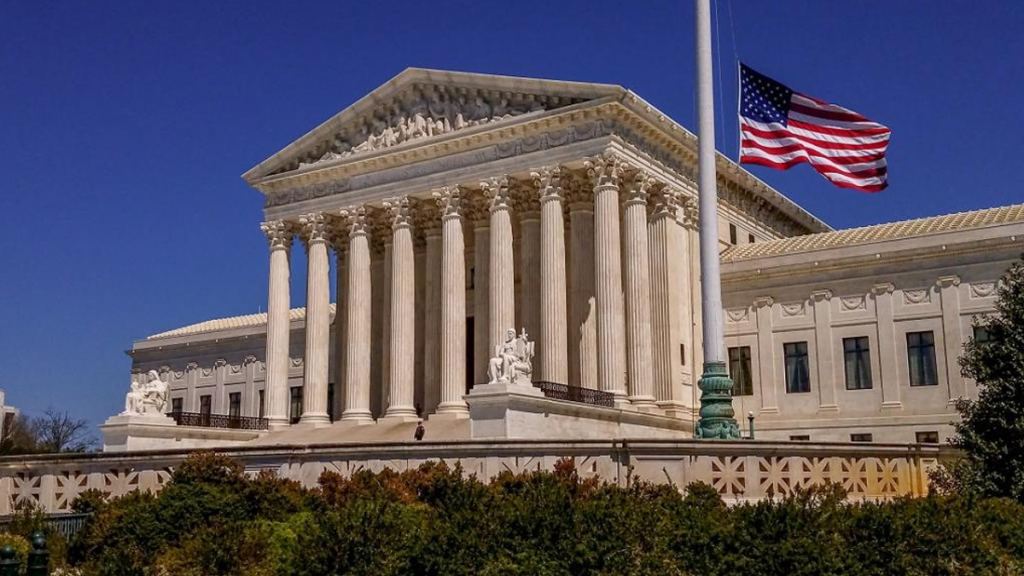The Wisconsin Supreme Court race of 2025 has shattered previous records to become the most expensive judicial election in U.S. history, with total spending surpassing $100 million.
This unprecedented financial influx is largely attributed to significant contributions from high-profile billionaires, notably Elon Musk and George Soros, whose involvement has transformed a state judicial contest into a focal point of national political discourse.
Elon Musk’s Influence
Elon Musk, the world’s wealthiest individual and a senior advisor to President Donald Trump, has emerged as a central figure in supporting conservative candidate Brad Schimel. Musk’s contributions exceed $19 million, encompassing direct donations and substantial expenditures through his political action committees (PACs).
Specifically, Musk directed $3 million to the Wisconsin Republican Party, which subsequently funneled these funds to Schimel’s campaign.
Additionally, his America PAC invested $11.5 million in digital advertising, mailers, and voter outreach, while the nonprofit Building America’s Future allocated nearly $4.8 million for television ads opposing Schimel’s liberal opponent, Judge Susan Crawford.
Musk’s deep financial involvement has drawn sharp criticism from Democrats, who accuse him of attempting to “buy” a seat on Wisconsin’s highest court.
The controversy intensified when Musk announced a $1 million award to a Wisconsin voter days before the election, a move opponents labeled as a corrupt attempt to influence the judiciary, especially given Tesla’s pending lawsuit challenging Wisconsin’s prohibition on direct car sales by manufacturers—a case that could ultimately be decided by the state Supreme Court.
George Soros and Liberal Counteractions
On the liberal side, billionaire philanthropist George Soros has significantly bolstered Judge Susan Crawford’s campaign, contributing $2 million. This support is part of a broader Democratic effort to counteract Musk’s influence and maintain a liberal majority on the court.
Other notable Democratic donors include Illinois Governor J.B. Pritzker, who has donated $1.5 million, and Milwaukee philanthropist Lynde Uihlein, contributing $740,000.
Democrats argue that Musk’s involvement is an overt attempt to sway the court’s balance in favor of conservative interests, particularly those aligned with President Trump’s administration.
Ben Wikler, chairman of the Wisconsin Democratic Party, stated that Schimel has become Musk’s “latest pawn” in a broader strategy to consolidate power.

Implications of the Election
The outcome of this election holds profound implications for Wisconsin’s legal landscape. The state Supreme Court is poised to address pivotal issues, including abortion rights, legislative redistricting, and election laws.
A conservative majority could uphold restrictive abortion laws, maintain gerrymandered districts favoring Republicans, and implement voting regulations that may influence future elections.
Conversely, a liberal majority led by Crawford could challenge these positions, potentially reshaping Wisconsin’s political dynamics. This potential shift has galvanized national attention, with both parties viewing the election as a referendum on President Trump’s influence and policies.
Record-Breaking Spending and Nationalization of the Race
The staggering financial commitments have transformed this judicial race into a national battleground, reflecting broader political and ideological conflicts. The $100 million expenditure doubles the previous record for judicial election spending, underscoring the high stakes perceived by both sides.
This influx of out-of-state money has sparked debates about the influence of wealthy donors on judicial impartiality and the potential erosion of public trust in the judiciary.
Critics argue that such substantial financial involvement from billionaires like Musk and Soros undermines the perception of an independent judiciary, turning ostensibly nonpartisan races into arenas for partisan and financial power struggles.
Conclusion
The 2025 Wisconsin Supreme Court election exemplifies the escalating role of money in American politics, particularly within judicial races traditionally characterized by lower profiles and spending.
The active participation of billionaires Elon Musk and George Soros has not only shattered spending records but also highlighted the increasing nationalization of state-level elections.
As Wisconsin voters prepare to cast their ballots, the broader implications of this election resonate nationwide, raising critical questions about the intersection of wealth, influence, and judicial independence in the democratic process.
For more detailed coverage on the influence of money in judicial elections, visit OpenSecrets.
Disclaimer – Our team has carefully fact-checked this article to make sure it’s accurate and free from any misinformation. We’re dedicated to keeping our content honest and reliable for our readers.
